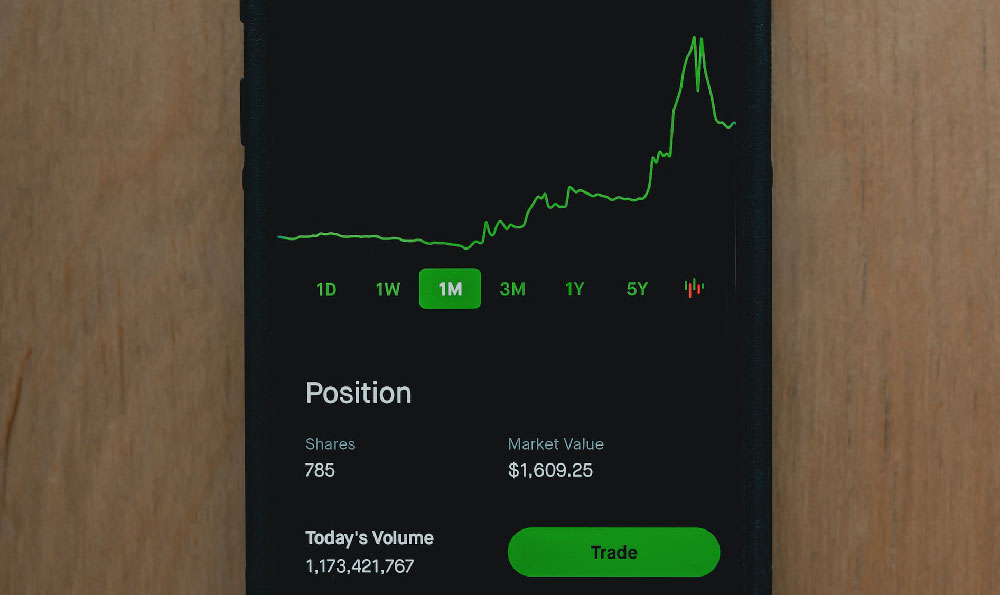Do marine biologists earn well? What is a good salary for a marine biologist?
Okay, I understand. Here's an article in response to the title "Do marine biologists earn well? What is a good salary for a marine biologist?" as requested, adhering to all your specifications:
The career of a marine biologist often conjures images of pristine coral reefs, majestic whales breaching the surface, and groundbreaking discoveries in the depths of the ocean. While the allure of studying marine life is undeniable, a crucial question often arises: does this passion translate into a financially rewarding career? The answer, as with many professions, is nuanced and depends on several factors.
Evaluating the earning potential of a marine biologist necessitates understanding the diverse career paths within this field. Marine biology isn't a monolithic occupation; it encompasses a wide spectrum of specializations. Some marine biologists dedicate their careers to research, working in academic institutions, government agencies like NOAA (National Oceanic and Atmospheric Administration) in the US, or private research organizations. Others focus on conservation, working to protect endangered marine species and their habitats. Still others find employment in zoos, aquariums, or consulting firms providing environmental impact assessments. The specific role a marine biologist undertakes profoundly impacts their salary.

Location also plays a vital role. Marine biologists working in areas with strong research funding, robust conservation efforts, or a thriving marine tourism industry generally have better earning potential. Coastal states in the US, for instance, often offer more opportunities and potentially higher salaries compared to landlocked regions. Similarly, countries with significant investment in marine research, such as Australia, Canada, and certain European nations, may offer more lucrative prospects. The cost of living in a particular location should also be considered when assessing the attractiveness of a salary offer. A higher salary in an expensive city might not translate to a significantly better quality of life compared to a lower salary in a more affordable area.
Education is another critical determinant. A bachelor's degree in marine biology might qualify an individual for entry-level positions, such as lab technician roles or assisting with fieldwork. However, a master's degree or a doctorate (PhD) is often required for more advanced research positions, independent project leadership, and academic careers. The additional education and expertise acquired through graduate studies typically lead to higher earning potential. Securing prestigious grants and fellowships during graduate studies can also be a significant advantage when entering the job market, signaling research prowess and attracting potential employers.
Experience significantly impacts a marine biologist's salary. Entry-level positions, regardless of educational qualifications, will naturally offer lower salaries than those offered to seasoned professionals with a proven track record. Demonstrating consistent contributions to research, successful project completion, and a growing network of professional contacts all contribute to increased earning potential over time. Publishing research findings in peer-reviewed journals, presenting at conferences, and actively participating in professional organizations are all valuable ways to build a strong professional profile and increase marketability.
So, what constitutes a "good" salary for a marine biologist? Defining "good" is subjective and depends on individual circumstances, financial goals, and lifestyle preferences. However, we can establish some benchmarks. Entry-level positions with a bachelor's degree might offer salaries ranging from $30,000 to $45,000 per year, depending on location and specific role. Marine biologists with a master's degree and several years of experience might earn between $50,000 and $75,000 per year. Those with a PhD, particularly those in senior research positions or holding professorships at universities, can potentially earn upwards of $80,000 to $120,000 per year, and in some cases, significantly more. These figures are, of course, approximate and can vary widely based on the factors already discussed.
It's also important to consider non-monetary benefits. Many marine biology positions, particularly those in research or conservation, offer opportunities for travel, fieldwork in exotic locations, and the satisfaction of contributing to a greater understanding and protection of the marine environment. These intrinsic rewards can be just as valuable as financial compensation for many individuals passionate about marine biology.
Beyond the general trends, certain specialized areas within marine biology may offer higher earning potential. For instance, marine biologists specializing in aquaculture (fish farming) or those working on projects related to renewable energy from marine sources may find themselves in high demand and able to command higher salaries. Similarly, those with expertise in areas like marine biotechnology or oceanography, which have strong ties to industry and technological advancements, may have more lucrative career options.
Finally, it's crucial to approach a career in marine biology with a realistic understanding of the job market and potential salary expectations. While the passion for marine life is essential, it's equally important to develop a strong skillset, network effectively, and be proactive in seeking out opportunities. Internships, volunteer work, and participation in research projects are invaluable for gaining experience and making connections. A well-rounded skillset, including strong analytical abilities, data management skills, and effective communication skills, will also enhance employability and earning potential. While becoming wealthy may not be the primary motivation for pursuing this career, with careful planning and dedication, a fulfilling and reasonably compensated career as a marine biologist is certainly attainable. The key is to combine a genuine passion for the ocean with a strategic approach to career development.















